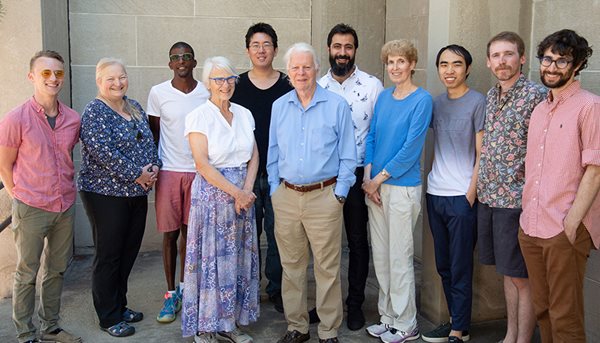Most of our work over the years has focused on T cells. T cells are amongst the cells which recognize that an infection is occurring in the body. They accomplish this in an unexpected way, by reacting with fragments of the infection bound to special proteins of the body, the MHC proteins. We are trying to find out how T cells learn to react in this way. We are also interested in the ways in which T cells are prevented from attacking MHC proteins bound to fragments of their own host. In most people such attack is efficiently avoided. However, in some individuals T cells do react in this way, and this event causes autoimmune diseases such as rheumatoid arthritis and juvenile diabetes. However we do also study B cells, in particular a previously under investigated type of B cell (ABC) we first found in elderly female mice, but which has also been found by others and ourselves in women and mice with autoimmune diseases and in mice and humans with various infections including SARS-CoV-2. In mice these cells are important producers of autoantibodies and antibodies that efficiently get rid of virus infections. However, although they can produce autoantibodies in humans, their significance in infections is not currently known.



